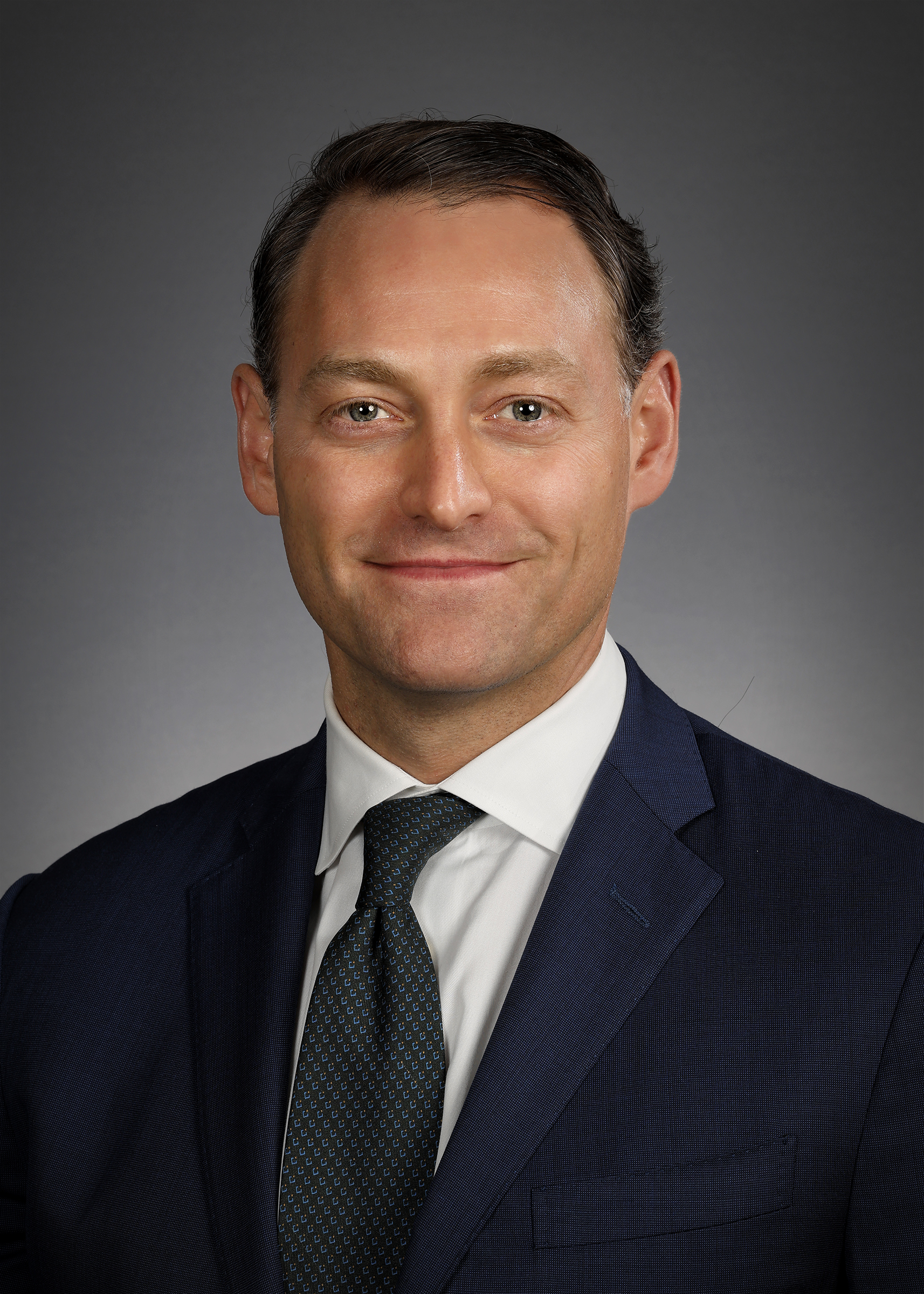What to Expect After Shoulder Surgery
- C. Lucas Myerson, MD

- Sep 22
- 3 min read
Updated: Sep 23
Introduction
Shoulder surgery can help with pain and movement, but recovery takes time. Knowing what to expect after surgery can make the process less stressful and help you prepare. This guide covers what most patients experience after common shoulder surgeries, such as rotator cuff repair, shoulder replacement, and labral repair.
Before You Go Home
Some patients go home the same day. Others may stay overnight, depending on the type of surgery.
Your arm will be in a sling to protect it.
If you had a nerve block, your arm may feel numb or heavy for the first 12–24 hours. This is normal.
Pain and Comfort
It is normal to have pain and soreness after surgery.
Pain medicine and ice can help keep you comfortable.
Many patients sleep better in a recliner or propped up with pillows at first.
Bruising and swelling around the shoulder, arm, or chest are common.
Using the Sling
You will likely need a sling for the first 4–6 weeks.
The sling helps keep the shoulder safe while it heals.
You may take it off for bathing, dressing, or therapy if your surgeon says it is safe.
Physical Therapy
Therapy usually starts within the first few weeks.
At first, the therapist moves your arm for you (passive motion).
Later, you will begin gentle exercises, then strengthening.
Therapy is one of the most important parts of recovery. It prevents stiffness and helps you get motion back.
Daily Activities
You can use your hand for light tasks like writing, typing, or eating.
You will not be able to lift, push, or pull with the surgical arm until your doctor clears you.
Recovery Timeline
Weeks 0–6:
Sling most of the time.
Focus on rest and gentle motion.
Pain should slowly improve.
Weeks 6–12:
Sling is often discontinued.
Start more active therapy and daily use of the arm.
Improved ability to dress, cook, and do self-care.
Months 3–6:
Stronger therapy exercises.
Shoulder is more useful for daily tasks.
Many patients return to light sports or hobbies.
Months 6–12:
Ongoing gains in strength and motion.
Most patients return to full activity, though heavy lifting and contact sports may still be limited.
Risks & Warning Signs
Most patients recover well, but watch for signs of trouble. Call your doctor if you notice:
Fever or chills.
Redness or drainage from the incision.
Sudden increase in pain or swelling.
Loss of motion or new weakness.
Frequently Asked Questions
When can I shower?
Most patients can shower within a few days, as long as the incision is covered and kept dry. Once stitches or dressings are removed at your first follow-up, you can usually shower normally.
Will I need help at home?
Yes. For the first few weeks, you may need help with cooking, cleaning, and reaching overhead. Planning ahead makes recovery easier.
When can I drive?
You can usually drive once you are out of the sling, off strong pain medicine, and able to control the wheel safely — often around 4–6 weeks.
When can I go back to work?
This depends on your job. Desk jobs may be possible in 2–4 weeks. Jobs that require heavy lifting or overhead work may take several months.
When can I return to sports or exercise?
Light activities like walking or stationary biking can usually start right away. Most patients return to low-impact sports in 3–6 months. Contact sports or heavy lifting may take 9–12 months.
Conclusion
Recovery after shoulder surgery takes patience, therapy, and time. Most patients see steady improvement in pain, strength, and movement over the first year. Following your doctor’s instructions and staying consistent with therapy will give you the best results.
Call to book an appointment to learn what recovery might look like for your specific shoulder surgery:
646-665-6784

About the Author
C. Lucas Myerson, MD – Orthopedic surgeon specializing in shoulder and elbow surgery.
Disclaimer
This article is for educational purposes only. It is not a substitute for medical advice. Always talk to your doctor about your own recovery plan.
Sources
American Academy of Orthopaedic Surgeons (AAOS). OrthoInfo: Shoulder Arthroscopy
American Academy of Orthopaedic Surgeons (AAOS). OrthoInfo: Shoulder Joint Replacement
